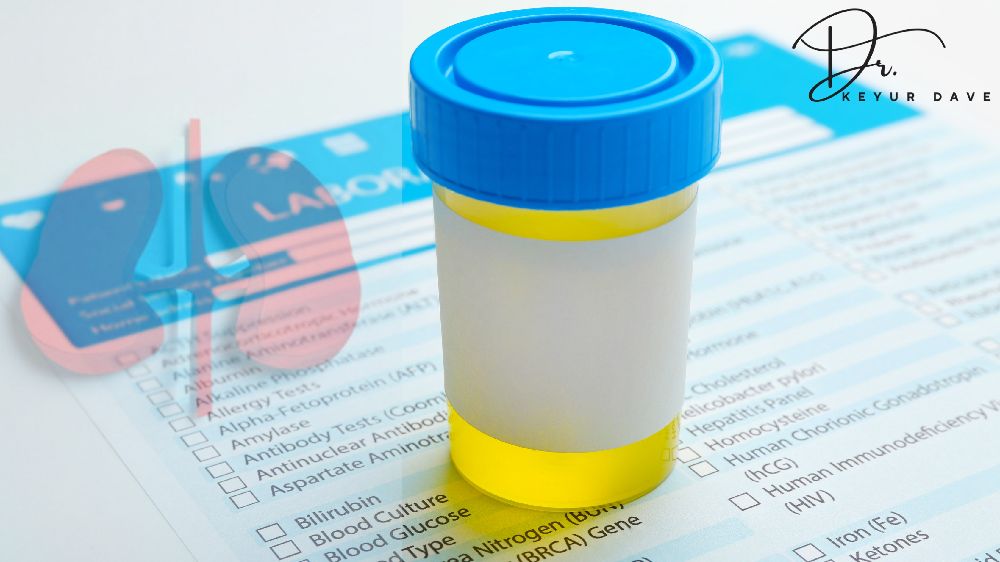
Urinary tract infections (UTIs) are among the most frequent infections seen in both adults and children, especially women. While they usually start in the bladder or urethra, they can sometimes climb higher into the urinary system and affect the kidneys. When this happens, the condition becomes more severe and requires urgent attention.
Let’s break down how UTIs and your kidneys are related—and what you can do to protect yourself.
What Exactly Is a UTI?
A UTI (urinary tract infection) is a bacterial infection that can affect any part of your urinary system, including:
-
Urethra (urethritis)
-
Bladder (cystitis)
-
Ureters
-
Kidneys (pyelonephritis)
In most cases, the infection begins in the lower urinary tract. But if it's not treated, it may travel upward to the kidneys, causing a more serious health issue.
How Can a UTI Turn Into a Kidney Infection?
Bacteria from a UTI in the bladder or urethra can move up the ureters and reach the kidneys. This can lead to a condition called pyelonephritis, or a kidney infection.
Possible complications if untreated:
-
Lasting kidney damage
-
High blood pressure later in life
-
Sepsis (a life-threatening infection that enters the bloodstream)
-
Higher risks for pregnant women and young children
Warning Signs of a Kidney Infection
UTIs that involve the kidneys typically cause more intense symptoms than a bladder infection. You should look out for:
-
Fever over 101°F (38.3°C)
-
Pain on one side of the back or lower abdomen
-
Nausea or vomiting
-
Chills or shaking
-
Extreme tiredness
-
Cloudy, dark, or bad-smelling urine
If you notice these symptoms, especially after being diagnosed with a UTI, seek medical attention immediately.
Who Is More Vulnerable?
While anyone can develop a kidney infection, some people face a higher risk:
-
Women, due to shorter urinary tracts
-
People with frequent UTIs
-
Individuals with diabetes
-
Those with urinary tract blockages (like kidney stones)
-
Children with urinary reflux
-
People using catheters or with weakened immunity
Treating a Kidney Infection
Kidney infections must be treated quickly to avoid serious health complications.
Typical treatment includes:
-
Prescription antibiotics (oral or intravenous)
-
Hospital care in severe cases
-
Plenty of fluids to flush out the infection
-
Rest and symptom management
Most people recover well with proper care, but delay in treatment can lead to lasting damage.
Tips to Prevent UTIs and Kidney Complications
-
Drink plenty of water to keep your urinary tract clean
-
Don’t delay urination—empty your bladder when needed
-
Wipe front to back to prevent bacteria from spreading
-
Avoid using irritating feminine hygiene products
-
Urinate after sex to flush out bacteria
-
Manage chronic conditions like diabetes
Conclusion
UTIs are common but should never be ignored—especially if symptoms worsen or persist. A simple bladder infection can progress into a kidney infection if not addressed early. The key is recognizing warning signs and getting medical help when needed.
When in doubt, talk to your doctor. Protecting your urinary tract is essential to maintaining long-term kidney health.

.png)
